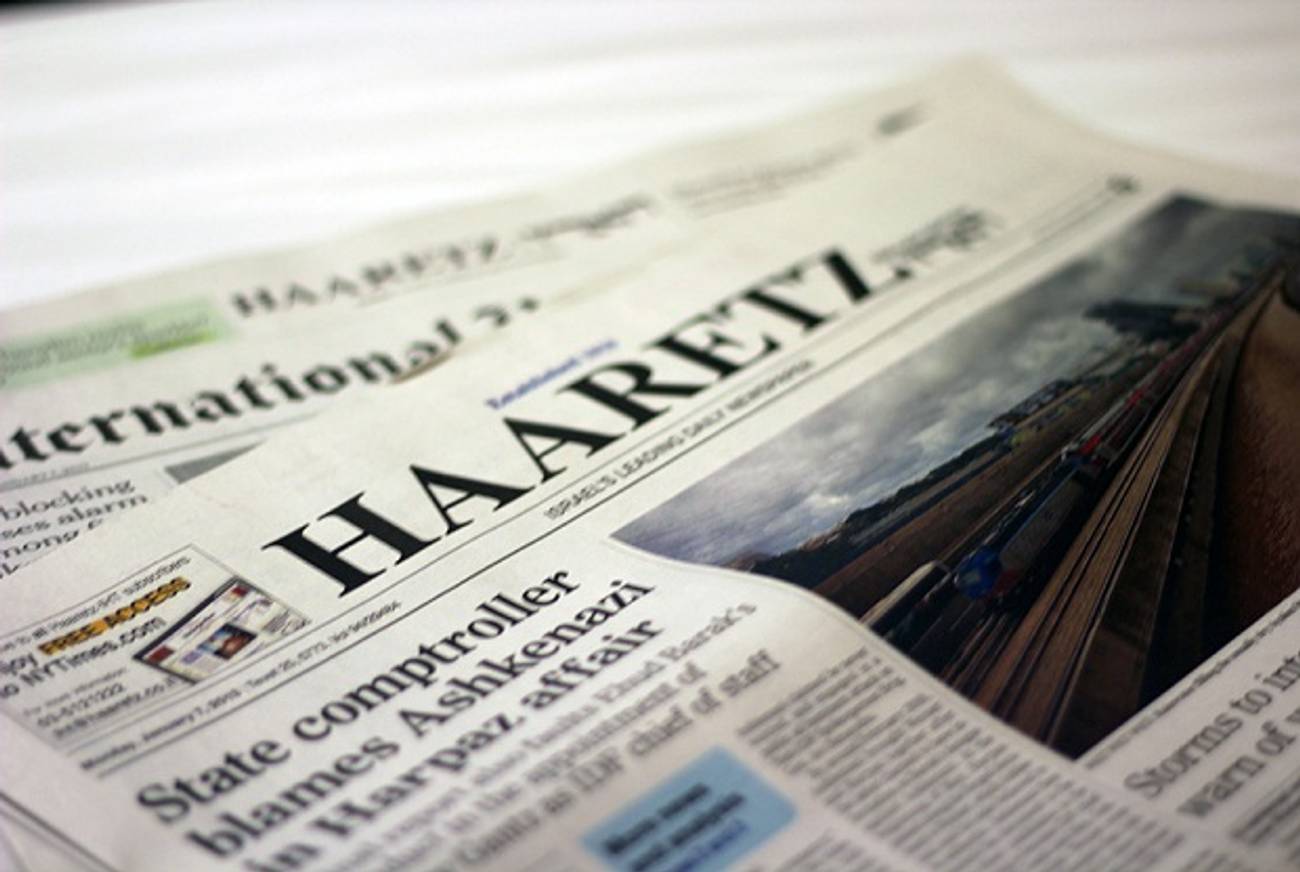The Downfall of Haaretz
The Tower rings the death knell




Just over two years ago, Haaretz was the subject of a hefty New Yorker piece by David Remnick (it’s no longer behind a paywall). The doorstop of a profile covered the history of the storied newspaper, its status as the go-to read for American Jews, Arab diplomats, and Israeli journalists, and lastly, its health, which (like many printed stalwarts) was beginning to deteriorate in the age of the internet. As Marc Tracy noted at the time:
One thing that threatens Haaretz is one thing that threatens Israel: The nation’s increased tribalism. “The secular, liberal readers who are willing to pay more than eight hundred dollars a year for a subscription live mainly in the greater Tel Aviv area and have a modest birth rate,” Remnick reports. “The settlers read Makor Rison, and the ultra-Orthodox read Hamodiya. ‘Middle Israel’ reads Maariv, which is declining; Israel Hayom, a free tabloid that is owned by the right-wing casino magnate Sheldon Adelson; and Yedioth Ahronoth.” Two Jews, three newspapers. The other problem, of course, is that the paper’s center-left outlook, so in-tune during the heady optimism of the early ‘90s, seems out-of-touch after the Second Intifada.
This week, in the inaugural edition of The Tower, a magazine funded by the Israel Project, Erez Tadmor sounded Haaretz‘s death knell–something some of us have doing incrementally over the past few years.
One culprit The Tower avoided naming was Sheldon Adelson’s free daily Israel Hayom, which now controls over 40% of the market and has driven the cost of print advertising down in Israel. To make up the shortfall, the Haaretz staff (as well as that of Maariv) has been cut and the quality has greatly suffered. Once known for its bold reporting, scandals plagued the paper, including a recent story in which columnist Amira Hass essentially condoned Palestinian rock-throwing. Tadmor posits this:
Alongside the financial crisis and the wide-ranging cuts in staff and salaries, many Haaretz employees believe there is an additional reason for the paper’s decline in quality: A strategic decision by editor-in-chief Aluf Benn to refocus the elite paper to reach a much wider audience in order to maximize traffic, and the attendant advertizing income. “Aluf Benn’s managerial strategy,” says another source inside Haaretz, “is that the paper, and the website in particular, should publish stories that are as bold and provocative as possible. Everyone knows that publications like Yediot Aharonot or YNet [Yediot’s online edition] do this, but in the past Haaretz had different norms.” In the source’s view, the publication of the controversial Amira Hass piece was a deliberate attempt to draw traffic through sensational reporting.
The various reactions to Haaretz‘s recent troubles have ranged from schadenfreude and outright glee to dismay and sadness. Whether you’ve agreed with Haaretz’s editorial outlook, the importance of the paper in the Israeli discourse is worth noting. And the narrowing of conversation (some of recent Haaretz work included) is a bad thing for everyone.
Adam Chandler was previously a staff writer at Tablet. His work has appeared in the New York Times, the Wall Street Journal, the Atlantic, Slate, Esquire, New York, and elsewhere. He tweets @allmychandler.